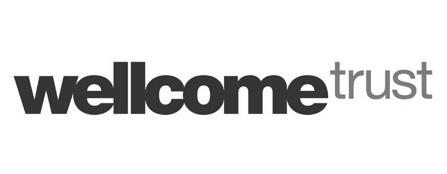Medals

Bronze

Silver

Gold

Special
Bronze
1. Competition Deliverables
Wiki: Feel free to have a browse! Poster: Come and visit our stand at the Giant Jamboree Presentation: Come and watch our presentation to see what we’ve been working on Judging Form: Completed and submitted to the judges
2. Attributions
We are so grateful for all the help we’ve received from academics, PhD students and industry experts and we could not have done it without them. Our attributions page is to celebrate their dedication to our project.
3. Project Inspiration and Description
Why not learn more about our project on our Description page? Click here to see more!
4. Characterisation
Check out our parts on the Parts page! Can you see what our favourite part was?
Silver
1. Validated Part
Check out our submitted parts in our parts page! The characterisation of these parts is up on the BioBrick registry but this page will guide you through the descriptions and functions of our parts as well.
2. Collaborations
We were lucky enough to be able to collaborate with both local and international teams on a range of different topics. To see the work we did together, check out our Collaborations page!
3. Human Practices
We considered how our work would impact the economy, affect society and ensured no jobs would be compromised for our solution to fatbergs. We spoke to various individuals from all spheres of society to form conclusive and well thought out decisions. and looked for real problems to solve from the first step, which is how we came to decide what are project
Gold
1. Integrated Human Practices
Other than looking at the importance of our project, we explored how we could change the designs we initially implemented to better suit the problems we were trying to solve, based on the expertise we gained from professionals. Click here for more information!
2. Model your project
Our in situ research was extremely educational in helping us understand about the feasibility and practically of our project, and hopefully may help other teams learn how to model their projects as well. Take a look.
Special
1. Integrated Human Practices
Other than looking at the importance of our project, we explored how we could change the designs we initially implemented to better suit the problems we were trying to solve, based on the expertise we gained from professionals. Click here for more information!
2. Public Engagement
Education and Public engagement is a vital component of inspiring the next generation of synthetic biologists, as well as exposing the public to genetic engineering. We decided to invest in this endeavour because of the importance we believe in holds, as it is something that not only affects our day to day lives but plays a massive role in the future of humanity. We explored several ways in which we could improve the public’s understanding of the science we do and love, and are excited to share with the iGEM community what we learnt along the way.
Sponsors

















